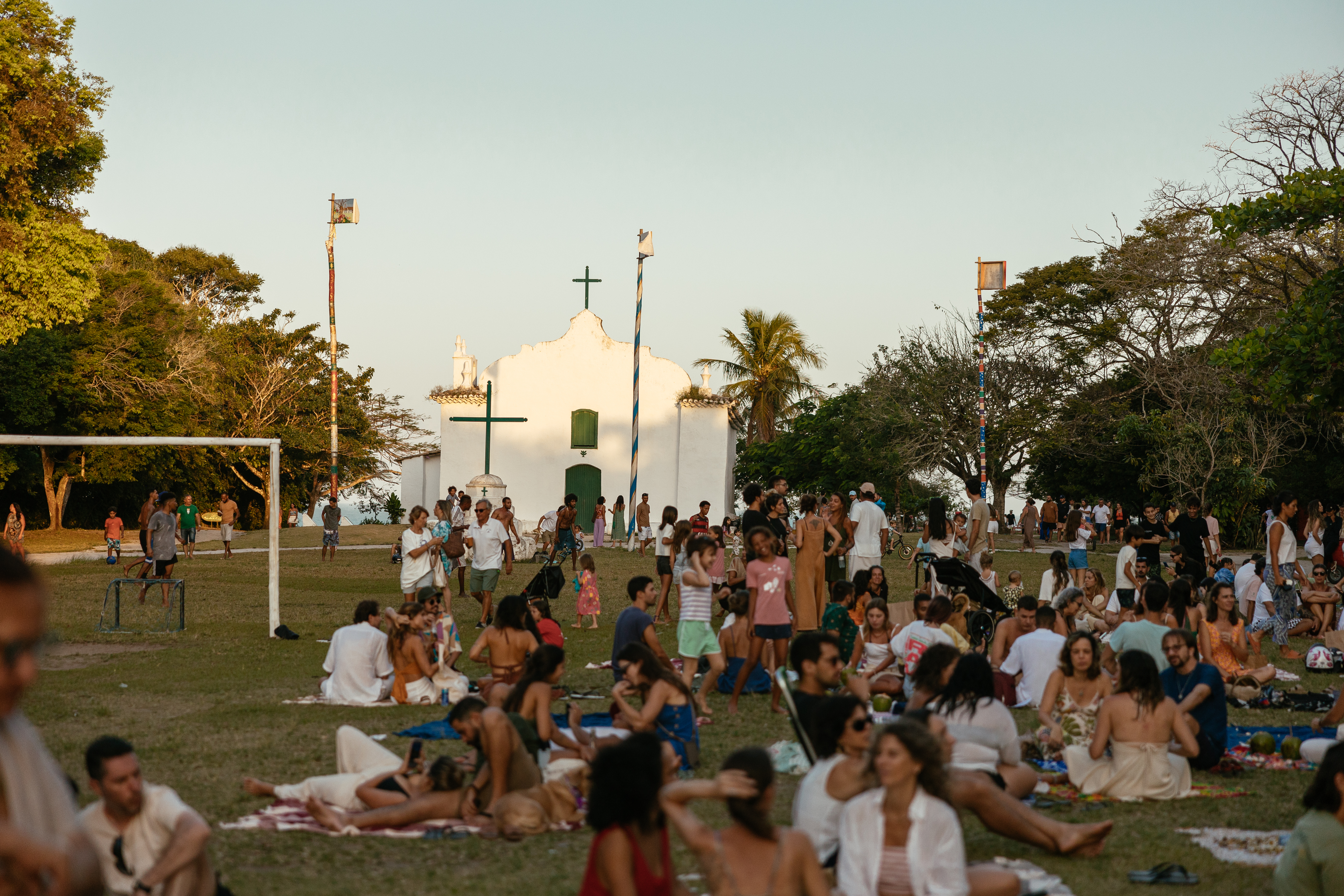Manifesto
Sustainable planning values to which OTT members are committed, and which are in the interest of their partners, customers, employees and the community
- Green is gold. The presence of trees and abundant vegetation defines Trancoso, purifies the air, controls the temperature and hides its urban growth. Green is our past and our future.
- Car-free central areas are a symbol of green urbanism around the world, not only in tourist destinations but also in global capitals in search of better quality of life. Tourists count on this.
- The less car traffic in high impact tourist areas, the greater long-term tourism potential.
- Parking areas have never been crucial in certain spaces, such as the Quadrado, even with the exponential growth in commercial activity and real estate appreciation, which makes it clear that the delimitation of parking areas around the historic center should not be a determining factor in urban planning, but rather the goal of respecting the historic atmosphere and ensuring safe and pleasant options for pedestrians.
- Developing off-street parking solutions in all areas of Trancoso, not exclusively in the historic center, should be a priority as the city grows and the number of cars increases.
- Walking is healthy, non-polluting, consistent with a historic atmosphere and promotes growth and the expansion of Trancoso's commercial center.
- Cycling should be encouraged, safe and convenient, not a risk-filled activity, and bicycle parking should be free and safe.
- Sidewalks and bike lanes are investments that pay for themselves by increasing the quality of urban life and reducing pollution. Trancoso must position itself as a Brazilian leader, connecting its most vital neighborhoods and areas of economic and tourist interest through “green corridors”. Caminhos de Trancoso should be an essential new initiative, both for urban mobility and sports trails.
- When motorized vehicles are necessary, electric options should be the preferred option.
- No city has ever regretted creating parks. The city and developers should plan a series of green and recreational spaces, forests and urban gardens, as well as sports facilities, all connected by bike lanes (a well-publicized tourism tax dedicated exclusively to financing this planning, for example, would be an excellent and very positive selling point for Trancoso).
- The Bosque is as important for Trancoso's future as the Quadrado. In an increasingly urbanized district its existence as a protected urban garden/forest (its original purpose) is invaluable as part of Trancoso's sustainable tourism DNA, and adds value to the entire surrounding areas.
- The administration of historic and natural destinations includes mastering the art of “hiding” traffic, waste, energy and telephone networks and water tanks. This must be a priority improved year after year in order to restore the historic atmosphere of Trancoso that makes it better prepared to compete globally for tourism.
- In a digital era, posters and signs are not necessary. Commercial signage should be locally inspired and contribute to creating a rustic atmosphere.
- Light and noise pollution are easily avoidable with planning and investment, especially with the adoption of new technologies.
- Travelers and travel agents look for, pay for and expect a peaceful vacation environment. Noise pollution destroys not only tourism, but the health and quality of life of residents, and must be avoided with professionalism, as in all quality destinations. This is a point of consensus in the hospitality sector around the world, and is not controversial, so there is no need for OTT to address this issue other than to establish responsible examples of event management.
- The health of Trancoso's rivers and canals is vital to its future and fundamental to our biodiversity and the beauty of our landscape, as well as offering rich opportunities for adventure sports that are highly sought after by residents and tourists. The commitment to the conservation of local river basins is also a commitment to the quality of our beaches, which are crucial for everyone's well-being.
- It is a mistake to convert public spaces (parks, streets and sidewalks) into commercial areas for informal economic activities. It goes against sustainable tourism global trends and the long-term interests of the local community, creating an undesirable aspect of mass tourism/over-tourism in the destination.
- As in all main tourist destinations, the activity of street vendors must be supervised with rules about days, hours and products, in addition to encouraging the sale of artisanal products in stores and boutiques.
- The presence of shops, commerce and quality service is an essential aspect of tourism. Reducing excessive commercial activity in public spaces will encourage private investment in the retail and boutique sector, helping to grow the craft sector in Trancoso, professionalizing it and creating long-term formal job opportunities, as well as a design and arts export economy in Trancoso.
- OTT values traditional religious festivals, considering them pillars of local cultural heritage, but is aware that the Municipality's involvement increasingly risks transforming them into “municipal events”, replacing tradition with political and commercial aspects that dilute Trancoso's unique identity, cultural heritage and special tourism appeal.
- Historical and nature-sensitive destinations around the world are discussing the topic of maximum visitor capacity. For better economic growth in Trancoso and protection of its heritage, it is necessary to encourage overnight tourism and long stays instead of day trips.
- Trancoso's fame is based on its welcoming identity, therefore, pop up stores, brand activations and actions sponsored by brands are welcome, but with the expectation of special care for Trancoso's and the region's identity and values, as well as the long-term prosperity of the community
de
